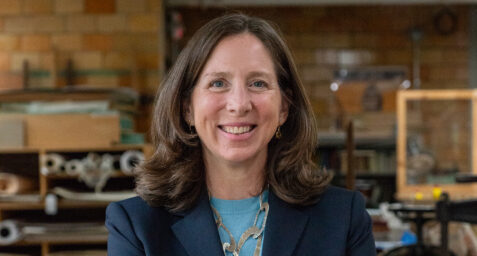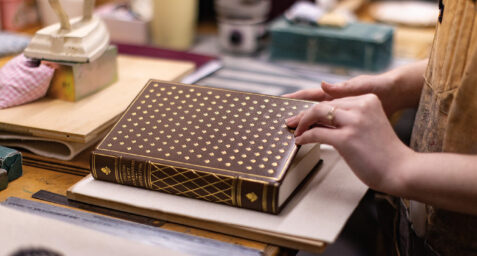Jedidjah de Vries VM ’17
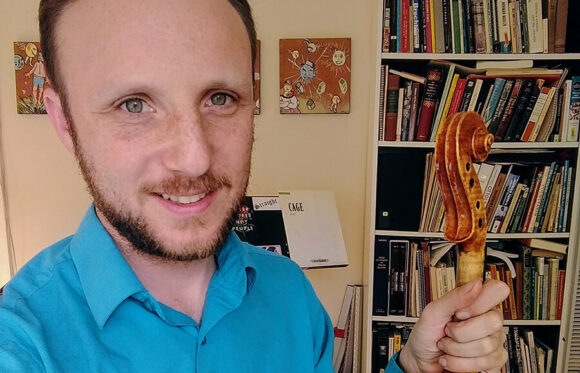
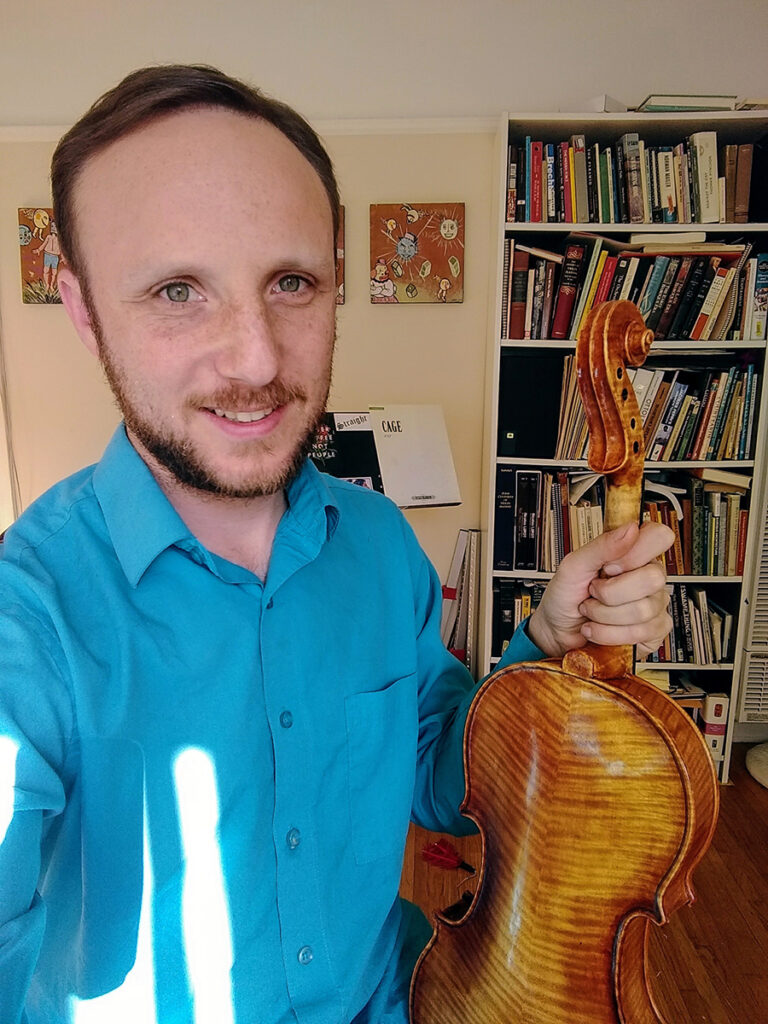
What led you to become a student at NBSS?
My path to NBSS was simultaneously very long and very short. I have been playing the violin since I was little. But, I always enjoyed the sound of the instrument, and the ways that the physical object in my hands could make those sounds, more than practicing or even playing. So I had, in an abstract way, been carrying the idea of violin making with me in the back of my mind for a long time.
However, the series of events that led me to actually attend NBSS, the decision to pursue violin making, figuring out what that would take, and then suddenly moving across the country to start the program, all took place over less than two months.
What was the best part of your education?
Definitely Roman. I think learning to become a violin maker—and this is probably true for the other programs at NBSS—takes three kinds of knowledge.
First you need the hand skills. Having a good teacher show you how to do things properly from the start helps, but then it comes down to putting in the hours of practice at the bench. Second is the history and theory. You can find a lot in books and articles, but without a teacher putting it in the context of the actual doing of the craft it will all only get you so far. Third are the intangibles, the affect and attitude of being a violin maker. It’s something that you can only get from watching and working closely with a master of their craft like Roman Barnas, and it’s the aspect of my education that I have come to appreciate the most.
The intangibles, the affect and attitude of being a violin maker,… it’s something that you can only get from watching and working closely with a master of their craft like Roman Barnas, and it’s the aspect of my education that I have come to appreciate the most.
What are you up to now?
I’m at a violin shop here in Los Angeles three days a week doing repair and set-up work, which is wonderful and because I get to see great instruments and interact with musicians. The rest of my time I spend at my home workshop where I focus on making new instruments, while being supervised by my cat Spinoza.
Can you describe your work in just three words?
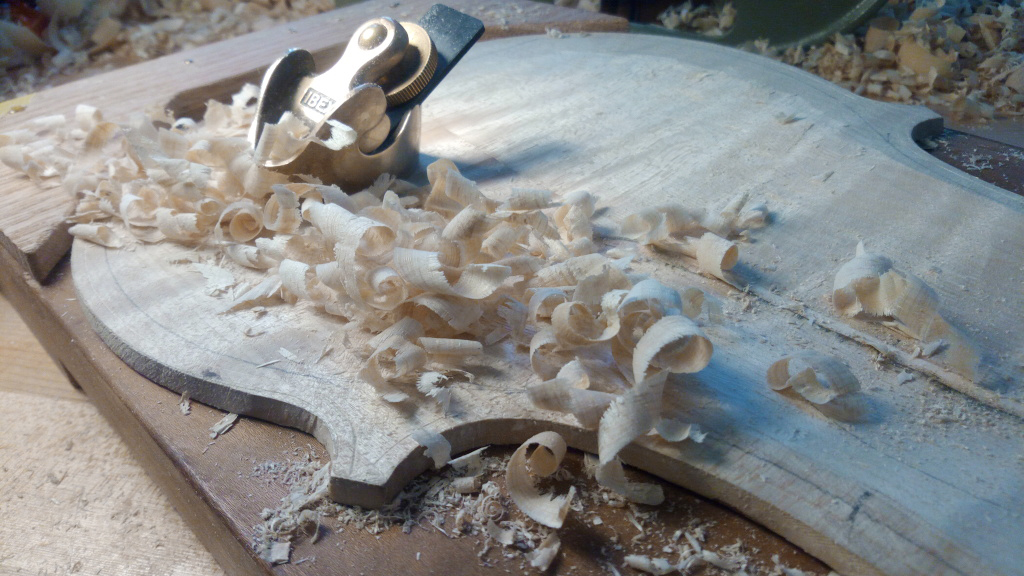
Toolmaker for musicians.
Where do you get inspiration?
For me it’s less about inspiration, to be honest, than about about curiosity. Will this work? How will that affect the sound? I wonder what would happen if…?
Favorite tool or machine?
There is something suspiciously satisfying about a well set up scraper, but if I was stuck on a desert island I would want the comfort of my dividers.
Best advice you’ve gotten?
Just keep making.
